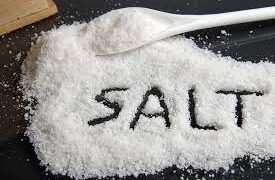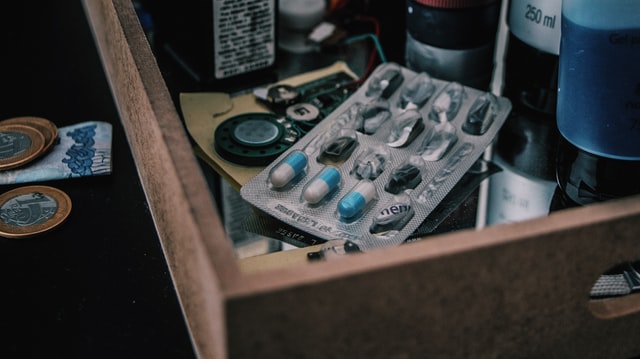Hospitals generate a large amount of pharmaceutical waste, and it is important to dispose of this waste safely and correctly. In this blog post, we will discuss the guidelines for safe disposal of pharmaceutical waste management in hospitals. We will cover the types of pharmaceutical waste that hospitals generate, and we will provide tips for reducing the amount of pharmaceutical waste produced by your hospital.
- What is pharmaceutical waste, and why is it important to dispose of it safely?
Pharmaceutical waste is any waste that contains pharmaceuticals. This can include unused or expired medications, empty containers, and sharps (needles, lancets, etc.). Pharmaceutical waste can be harmful to the environment and to human health if it is not disposed of properly.
Hospitals generate a lot of pharmaceutical waste for several reasons. First, hospitals use large quantities of medications, which results in a lot of unused or expired medications. Second, many patients are discharged from the hospital with medication that they no longer need. And finally, patients often leave behind empty containers and sharps when they are discharged from the hospital.
All of this pharmaceutical waste must be managed in a safe and responsible manner. Improper disposal of pharmaceuticals can contaminate the environment and pose a risk to human health.
- The types of pharmaceutical waste generated by hospitals
There are four main types of pharmaceutical waste generated by hospitals: unused or expired medications, empty containers, sharps, and hazardous pharmaceuticals.
Unused or expired medications are the most common type of pharmaceutical waste generated by hospitals. Every year, hospitals discard millions of dollars worth of unused or expired medications. Empty containers are also a common type of hospital waste. Every time a patient is discharged from the hospital, they leave behind an empty medication container. Sharps are another type of hospital waste that can pose a danger to both the environment and to human health. Sharps include needles, lancets, and syringes. And finally, hazardous pharmaceuticals are those that contain chemicals that can be harmful to the environment or to human health.
- Guidelines for safe disposal of pharmaceutical waste
There are several guidelines that hospitals should follow when disposing of pharmaceutical waste. First, unused or expired medications should be returned to the manufacturer whenever possible. Second, all empty containers should be disposed of in a safe and secure manner. Third, sharps should be placed in sharps containers and disposed of according to local regulations. And finally, hazardous pharmaceuticals should be disposed of according to local, state, and federal regulations.
- Reducing the amount of pharmaceutical waste produced by hospitals
There are several ways that hospitals can reduce the amount of pharmaceutical waste they produce. One way is to return unused or expired medications to the manufacturer whenever possible. Another way is to use unit-dose packaging for medications, which reduces the number of empty containers that are generated. And finally, hospitals can educate staff and patients on proper medication disposal methods.
By following these guidelines, hospitals can ensure that they are safely disposing of their pharmaceutical waste. And by reducing the amount of pharmaceutical waste they produce, hospitals can help protect the environment and human health.
Read more interesting articles at Urbanlymodern







































































